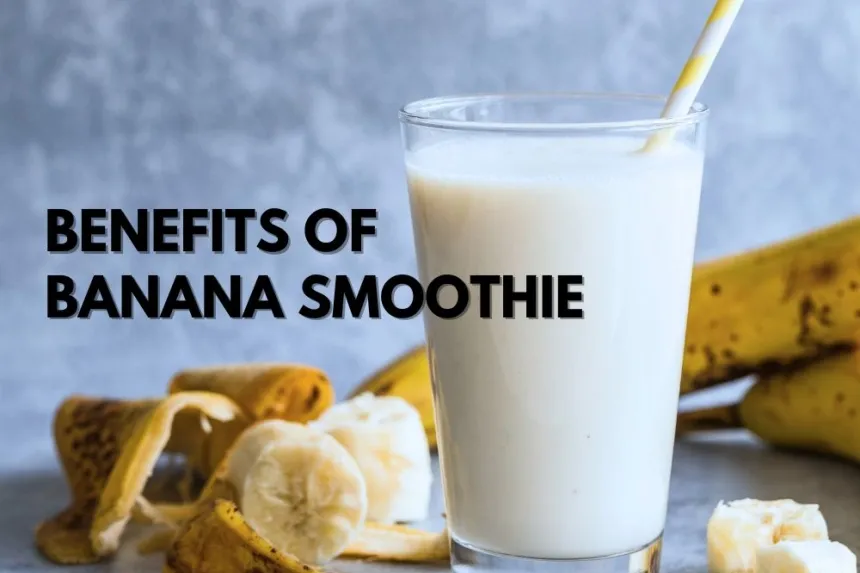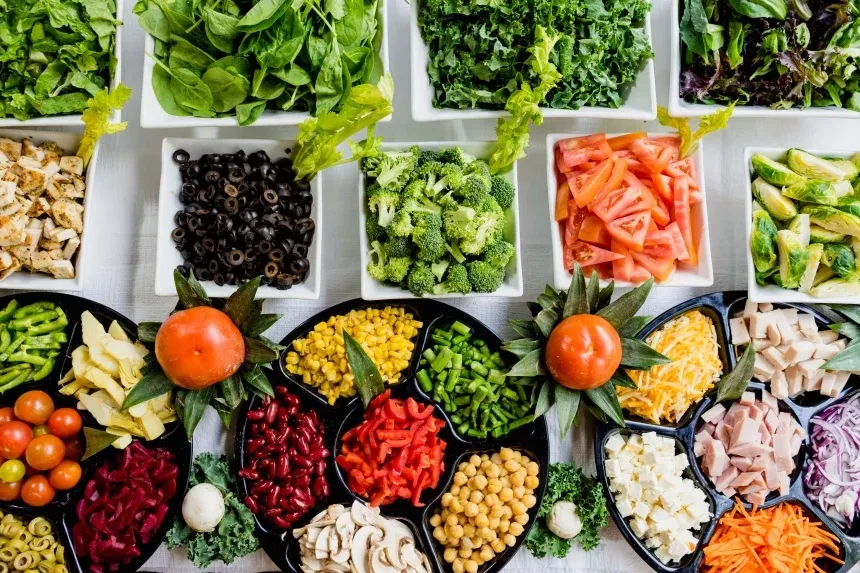Essential Tips for Starting a Vegetarian Diet

More and more people are choosing to adopt a vegetarian diet, motivated by health reasons, environmental concerns, and animal welfare. If you have decided to take this step, it is important to have the right information to facilitate this transition. Below, we present some key tips for successfully starting your vegetarian diet.
Educate Yourself on the Principles of a Vegetarian Diet
Before making any changes to your diet, it is essential to understand the basic principles of a vegetarian diet. There are different types of vegetarians, such as lacto-vegetarians who consume dairy products and ovo-vegetarians who include eggs in their diet. Knowing these variations will help you make informed decisions about which foods to include and which to avoid.
Establish Your Reasons
Reflecting on your motivations for being vegetarian can provide great support during your transition. Whether for health reasons, environmental protection, or animal ethics, having clear goals will help you stay focused and motivated in your new eating habits.
Plan Your Meals
Good planning is key to maintaining a balanced diet. Create a weekly menu that includes nutrient-rich foods and make sure to incorporate a variety of fruits, vegetables, legumes, whole grains, and nuts. This will help you obtain all the essential nutrients your body needs.
Read also
Introduce Plant-Based Proteins
Proteins are a fundamental component of any diet. When you stop consuming meat, it is essential to include sources of plant-based proteins in your meals. Some options include legumes like lentils and chickpeas, quinoa, tofu, and tempeh. Incorporating these alternatives will help you meet your daily protein needs.
Don’t Forget About Iron and Vitamin B12
Iron and vitamin B12 are critical nutrients for health and can be more challenging to obtain on a vegetarian diet. To ensure adequate iron intake, include foods like spinach, pumpkin seeds, legumes, and fortified cereals. As for vitamin B12, it is primarily found in animal products, so it is recommended to consider supplements or fortified foods.
Listen to Your Body
It is important to pay attention to how your body responds to changes in your diet. If you experience fatigue, weakness, or any other symptoms, don’t hesitate to consult a healthcare professional. Not all bodies are the same, and you may need adjustments in your eating habits.
Read also
Seek Recipes and Inspiration
Variety is essential in any diet. There are numerous vegetarian recipes that can make your meals exciting and delicious. Look for inspiration in cookbooks, blogs, or social media communities dedicated to vegetarian cooking. Trying new recipes will allow you to discover flavors and combinations you may not have considered before.
Maintain a Positive Attitude
Transitioning to a vegetarian diet may present challenges, but maintaining a positive perspective is vital. Celebrate your progress, no matter how small, and don’t get discouraged if obstacles arise. Remember that this is a process of learning and adaptation.
Conclusion
Adopting a vegetarian diet can be an enriching and healthy change. Educating yourself properly, planning your meals, and staying motivated are key aspects for successful implementation. If you want to learn more news, tips, and recipes about this lifestyle, I invite you to keep exploring my blog to discover more relevant and helpful content.











































